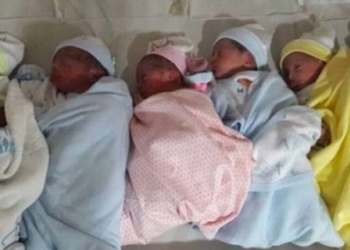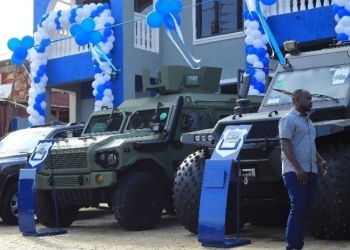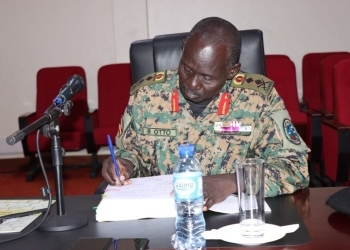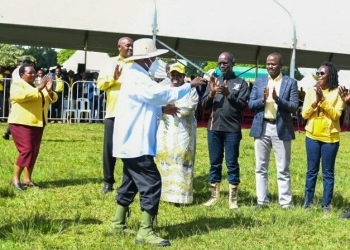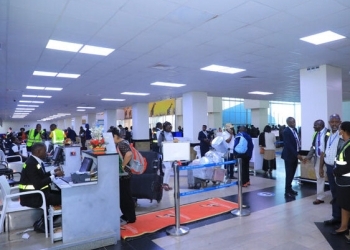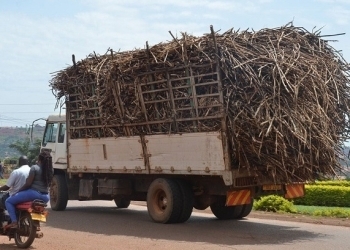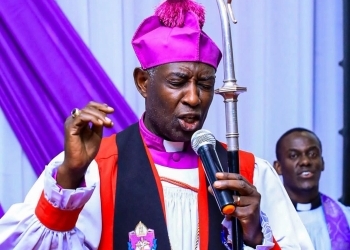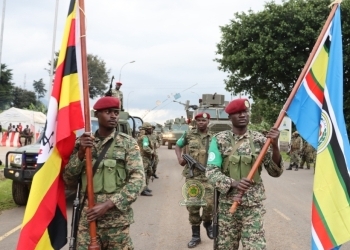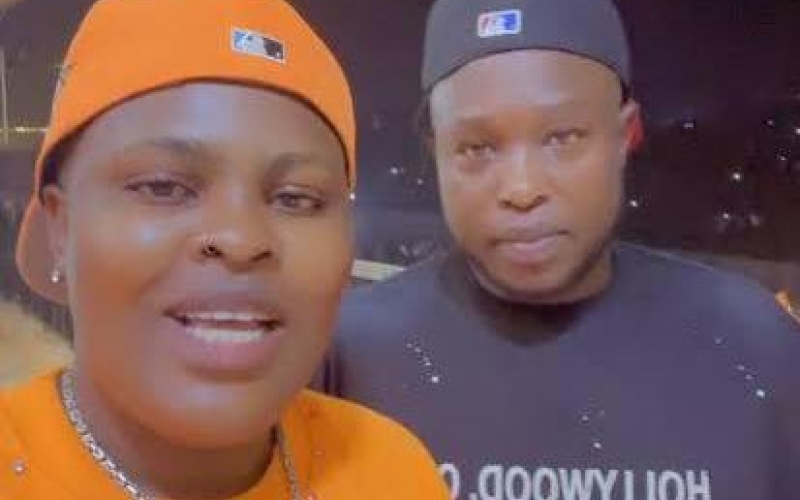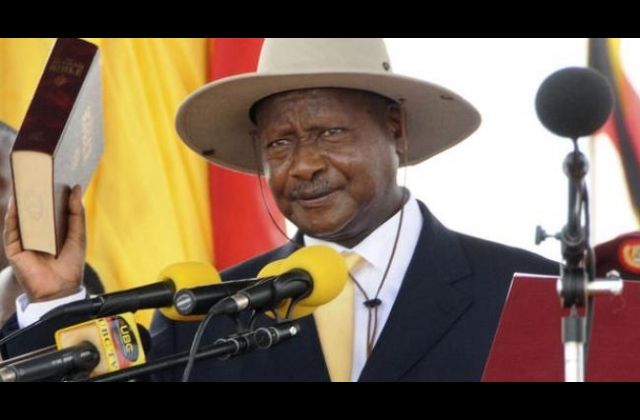
New strategies to be applied to wipe out corruption in the country including the creation of a Unit in State House that will follow up all reported cases of corruption have been announced by President Yoweri Museveni.
The office which was officially opened this afternoon, will be headed by Lt. Col. Edith Nakalema and can be reached on a free toll hotline telephone number 0800202500.
This afternoon while addressing the nation at Kololo Ceremonial Grounds at the commemoration of the International Corruption Day, President Museveni said this will be a coordinating point.
“The new strategy is first the coordinating point that will receive the reports. At first, people were very skeptical and were no longer reporting. Edith, be very careful about people who will work with you to avoid weevils,” he cautioned the new head of the unit.
The President also clarified that the new office will neither take over the work of the Inspectorate of Government nor that of Police but will only supplement by making follow ups of reported cases of corruption. He, therefore, called on all Ugandans to join the fight since all those corrupt officials are in their midst.
“You wananchi, I want you to join the fight against the corrupt. I fought the liberation war, now it is your turn to fight the corrupt officials,” he said,’
The President named the 4 Offices where corruption is rife that include that of the Permanent Secretaries, Chief Administrative Officers, Town Clerks and the Sub-County Chiefs as they are all the accounting officers. He, therefore, called for the follow up of Shs.54 billion and US$1.7 billion that government lost and nobody is bothered about.
The President earlier pointed out that Ugandans are fed up with the vice and want to hear about the number of casualties that have been inflicted on the corrupt. He told the packed arena that when NRM came to power, it immediately contained several corruption cases that included, among others, the extra-judicial killings and extortion by the Army at road blocks; poaching of animals in the game reserves and encroachment, with collusion by Public Servants, of National Forest reserves as well as wetlands.
Mr. Museveni noted that the only remaining thorn in the flesh is the Traffic Police who are extorting and receiving bribes from motorists. “The parasites on the roads are Police Traffic Officers” he said.
The President also pointed out that another vice practiced by the Police is the arrest of the youth in slum areas accusing them of being idle and disorderly. He described the act by Police as colonial nonsense that must stop.
“I have told the new leadership of the Police to stop arresting our children in the slums accusing them of being idle and disorderly. This is colonial nonsense, it must stop,” he stressed.
He added that as concerns bribery, the Amin era recruited Public Servants that were illiterate but the NRM made a turn around and made sure that government posts were accessible through examinations, academic qualifications and competitive promotional examinations and most of the posts were now occupied by intelligent officers.
Mr. Museveni, however, noted that the only problem now is lack of supervision to enable quick assessment and retention of the hard-working officials and the removal of those who cannot reform and be replaced with new cadres.
“It is doable. We cannot be blackmailed. I was the one who created these institutions. We have added new ones like the IGG. The laws are there, the only problem is lack of supervision,” he said.
The President also urged the media to join the fight against corruption by exposing the corrupt.
The Minister of State for Ethics and Integrity, Hon. Simon Lokodo, pledged to work with all stakeholders to ensure that corruption is wiped out of Uganda.
The Inspector General of Government, Irene Mulyagonja, asked Ugandans to demand accountability from their leaders. “This is your constitutional right,” she empahsized.
The function attracted all stakeholders in the fight against corruption in the country, including Vice-President, Edward Kiwanuka Ssekandi, District, religious and traditional leaders.



